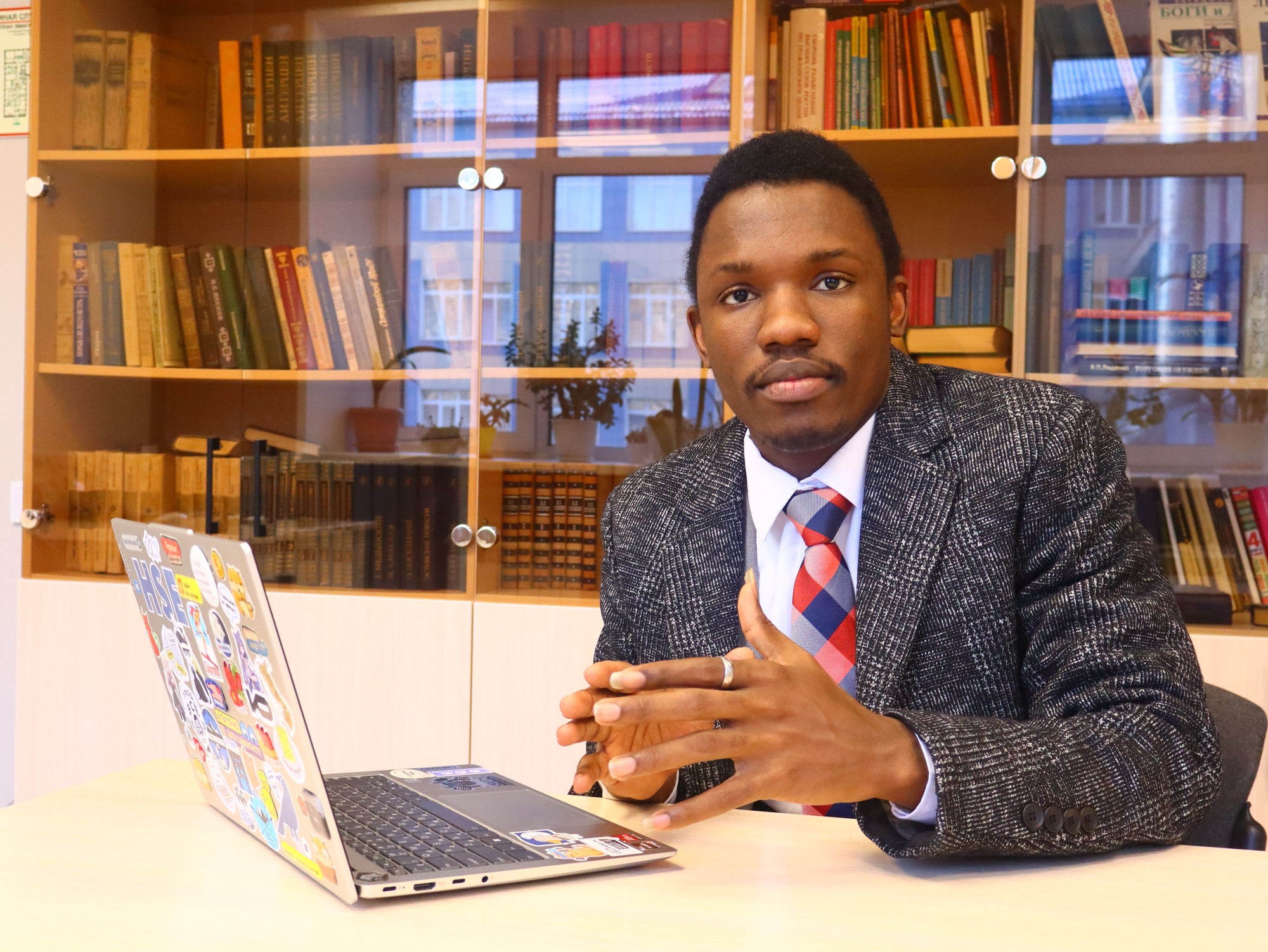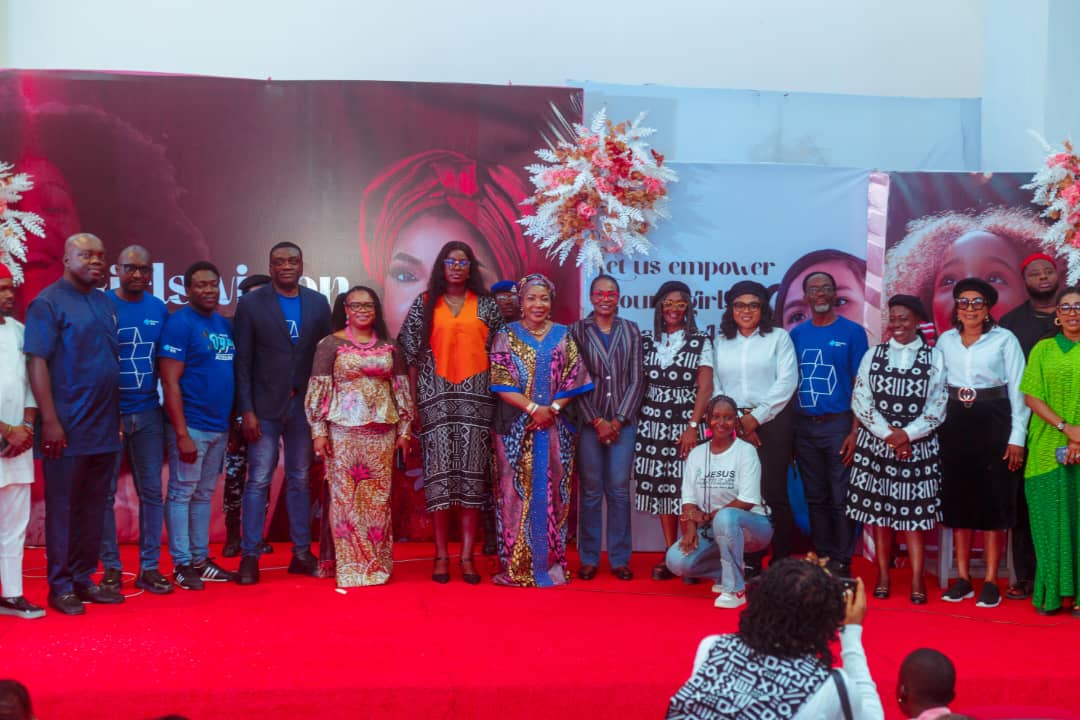In a bid to address the growing youth unemployment crisis in Nigeria, the World Bank has expressed its interest in collaborating with the National Youth Service Corps (NYSC). Over the past 51 years, the NYSC has played a pivotal role in deploying graduate youths to various parts of the country, transforming rural communities and contributing to national development.
The Country Director of the World Bank, Ndiame Diop, made this known during a courtesy visit to the NYSC National Directorate Headquarters in Maitama, Abuja. Diop commended the Corps Members for their contributions to national unity, socio-economic development, and reducing infant and maternal mortality rates.
“The World Bank is keen on supporting the NYSC in its developmental initiatives,” Diop stated, acknowledging the Corps’ significant impact on rural development and national cohesion.
In response, the Director-General of the NYSC, Brigadier General Yusha’u Ahmed, expressed gratitude for the longstanding partnership between the NYSC and the World Bank, which has been instrumental in enhancing staff capacity building.
General Ahmed highlighted the diverse national assignments undertaken by Corps Members, including elections, population censuses, immunization drives, and public awareness campaigns. He emphasized that Corps Members are deployed across all 774 local government areas in Nigeria, making them a vital force in grassroots development.
He also noted the NYSC’s Skills Acquisition and Entrepreneurship Development (SAED) program, introduced in 2012, which equips Corps Members with vocational skills to become self-reliant. According to Ahmed, over two million Corps Members have participated in the training, with about 600,000 successfully establishing their businesses across the country.
The Director-General further mentioned partnerships with organizations such as the Central Bank of Nigeria (CBN), Bank of Industry (BoI), and several commercial banks that provide loans to support Corps Members in starting their businesses. However, he pointed out challenges such as inadequate start-up capital and the lack of standard skills acquisition centers in some orientation camps.
“If the World Bank partners with us, we can enhance our efforts to reduce youth unemployment and better empower the next generation,” Ahmed added.


